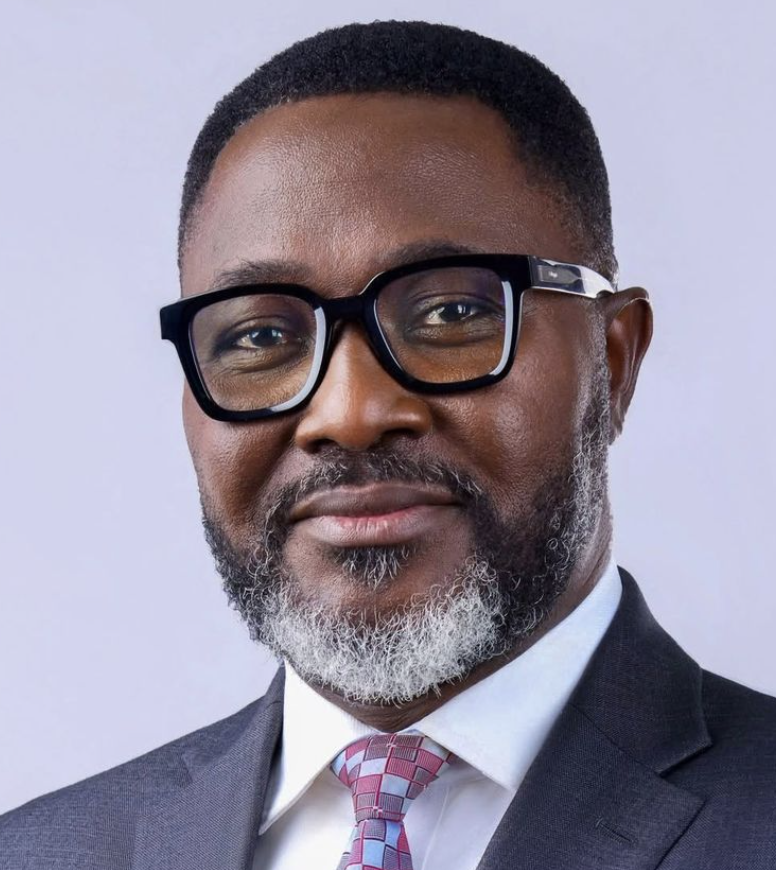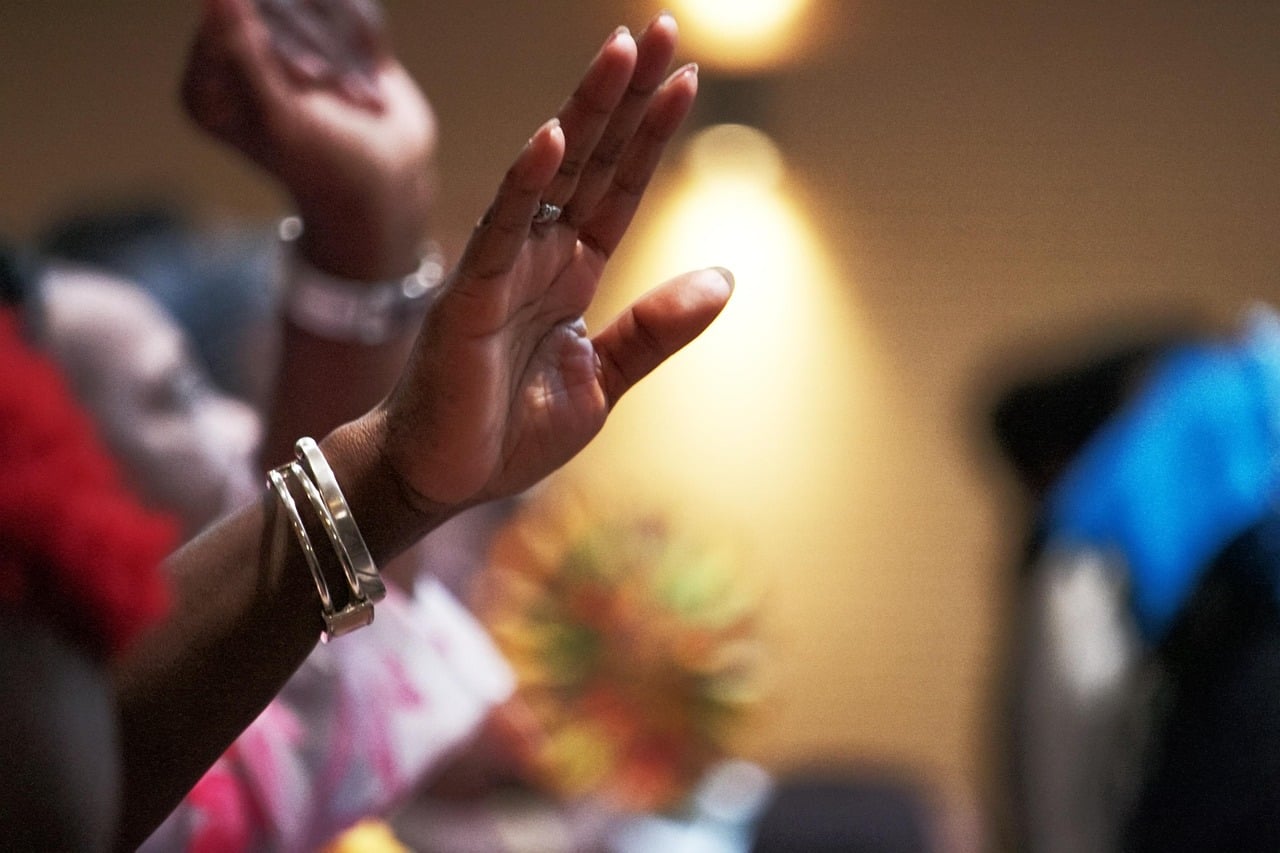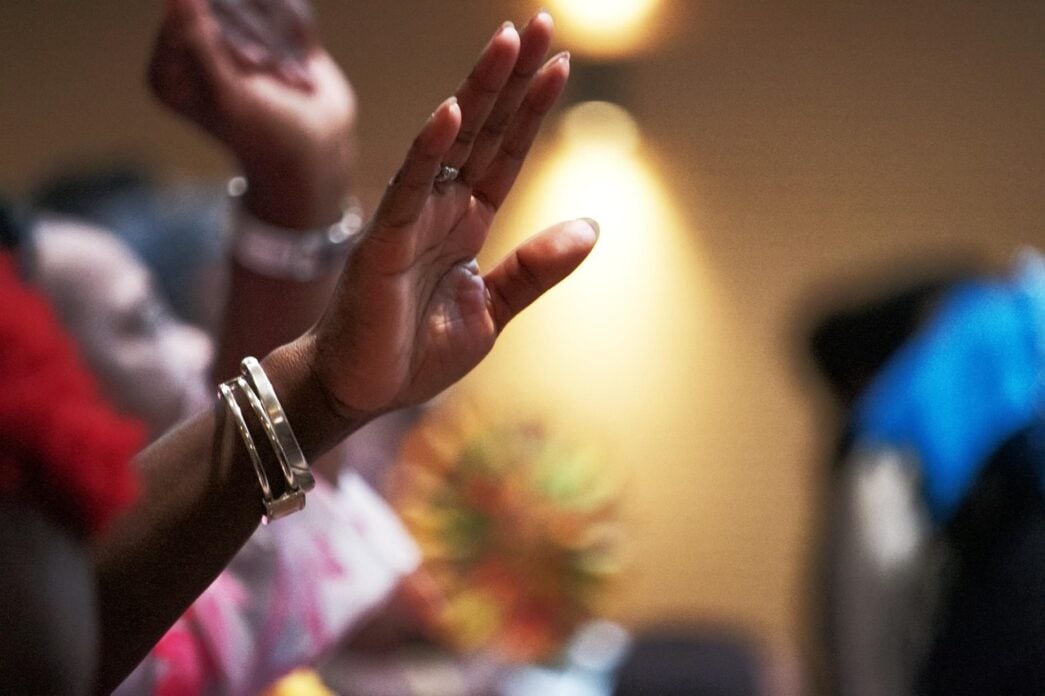I’ve been thinking about the atmosphere in the Nigerian Christian community lately, and it feels… tense. Not dramatic, exactly, but like one of those family meetings where everyone is avoiding eye contact because nobody wants to say the obvious. At some point, though, someone has to talk about it. Maybe that’s what this is.
One of the biggest concerns floating around is the slow erosion of unity. Nigerian Christians have always celebrated the idea of being one body, even across denominational lines. But now it feels like there’s this subtle competition; especially among preachers. You see it online all the time: the carefully worded shade, the “corrections,” the not-so-subtle theological takedowns.
And the thing is, I don’t think most of these ministers are acting out of malice. Many genuinely love God. But the digital world rewards conflict. A spicy clip gets views. A controversial opinion spreads faster. Before long, what should have been a quiet private conversation becomes a public rivalry. Regular Christians are left wondering whom to trust, and honestly, it gets exhausting.
The ripple effect is a growing sense of disrespect toward Christian leadership in general. Some of it is understandable; people want transparency and accountability. But sometimes the critique becomes cynicism. Every pastor is suspect. Every leader is assumed to be manipulative until proven otherwise. Even sincere leaders feel the weight of that suspicion.
Advertisement
Then there are the allegations by some ministers who claim they’re being sidelined or persecuted by established Christian bodies like PFN or CAN. Whether there’s truth there or just misunderstanding, the mere perception creates fractures. One group says “the fathers are blocking younger voices,” another insists structure is necessary to prevent chaos. Maybe both are right in parts. But the public back-and-forth makes it harder for the wider community to see any form of collective leadership as trustworthy.
This ties into a wider conversation about integrity and accountability. Many believers want more clarity about financial practices, prophetic declarations, and the increasing celebrity culture in some ministries. And they’re not wrong to ask questions. But the conversation has become polarized: one side thinks asking questions equals rebellion, the other thinks authority is inherently suspect. Meanwhile, the healthy middle ground (where accountability actually happens) keeps shrinking.
But here’s the thing we don’t talk about enough: the church still has a massive role to play in shaping Nigerian society. A positive one, if we let it.
Advertisement
Because when the church is healthy, it becomes a stabilizing force. It promotes social cohesion in a country that can feel like a patchwork of competing identities. It brings people together across tribe, class, and political lines in ways few institutions can. I’ve seen churches become lifelines for people drowning in poverty; offering food banks, free medical outreaches, skills training, scholarships. And honestly, many Nigerians survive because their local church quietly fills the gaps left by government.
Corporate social responsibility isn’t just for big companies. Churches, with their influence and resources, can pioneer community development; clean water projects, schools, shelters, mental health support. Some already do this beautifully. Imagine if more joined in, not for publicity, but out of conviction.
And let’s be real: the church is supposed to be the conscience of society. Not in a self-righteous way, but in that gentle-but-firm voice that reminds leaders they’re accountable. Historically, the Nigerian church has played that role. Think of how pastors have pushed back against corruption, encouraged voter participation, or called for peace in tense seasons. We need more of that. Not partisan loyalty or pulpit endorsements that divide congregations, but honest moral guidance that speaks truth to power.
Sometimes I wonder if our internal conflicts weaken that voice. How can we hold political leaders accountable when we’re busy fighting ourselves online? How can we push for justice when we’re avoiding tough conversations about integrity within our own walls? Maybe unity isn’t just a “church thing”; maybe it’s strategic. Maybe a united church simply has more moral weight.
Advertisement
The rise of digital ministries and the culture clash between tradition and innovation make everything even more complicated. Some churches are sprinting forward. Others feel left behind. Meanwhile, believers are flooded with sermons, prophecies, and opinions from everywhere. It’s a lot.
But I don’t think any of this means the church is doomed. Maybe the shaking is necessary. Maybe we’re being pushed to mature, to grow deeper roots, to redefine what leadership and accountability look like.
Most Nigerian Christians want the same thing: a community that honors God, supports one another, and makes society better. A church that heals instead of divides. A church that speaks truth without cruelty. A church that leads quietly but powerfully.
Unity isn’t pretending we all agree. It’s choosing not to let our disagreements become the whole story.
Advertisement
And maybe (just maybe) that’s the story the Nigerian church can start writing again.
Sola Adebawo is an accomplished business leader and communications expert with extensive experience in the oil and gas industry. He currently serves as the General Manager of Government, Joint Venture, and External Relations at Heritage Energy. Adebawo is also an author, scholar, and ordained minister, known for his writings on socioeconomic issues, strategic communication and leadership.
Advertisement
Views expressed by contributors are strictly personal and not of TheCable.



